On February 14, 2019, India witnessed one of the deadliest terrorist attacks in its history. A suicide bomber belonging to the terrorist organization Jaish-e-Mohammed (JeM) drove an explosives-laden car into a convoy of Central Reserve Police Force (CRPF) personnel traveling on the Jammu-Srinagar highway in Pulwama district of Jammu and Kashmir, killing 40 soldiers and injuring several others. The attack left the entire nation in shock and anger. Let’s dive deeper into this tragic incident and understand its aftermath.
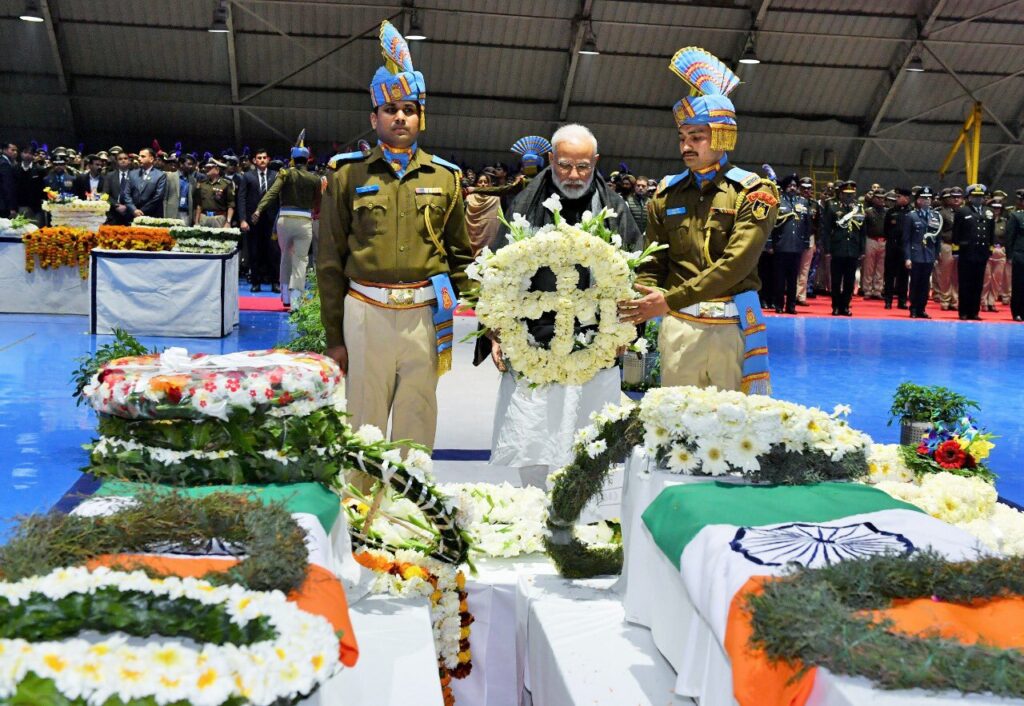
BACKGROUND: THE TENSION BETWEEN INDIA AND PAKISTAN
To understand the Pulwama attack, we need to look at the long-standing tension between India and Pakistan over the Kashmir issue. Since the partition of India in 1947, the two countries have been fighting over the ownership of the region. Pakistan claims that Kashmir rightfully belongs to them, whereas India maintains that Kashmir is an integral part of its territory. This disagreement has led to numerous conflicts between the two nations, including three full-blown wars and several smaller-scale skirmishes.
THE ATTACK: HORROR UNLEASHED
On February 14, 2019, a convoy of CRPF personnel was traveling from Jammu to Srinagar when a suicide bomber named Adil Ahmad Dar, belonging to the Pakistan-based terror group JeM, rammed his car into one of the buses carrying the soldiers. The impact of the explosion was so massive that it left the bus completely destroyed, killing 40 soldiers and injuring many others. The attack was carried out in broad daylight, and the entire nation was left in shock and anger.
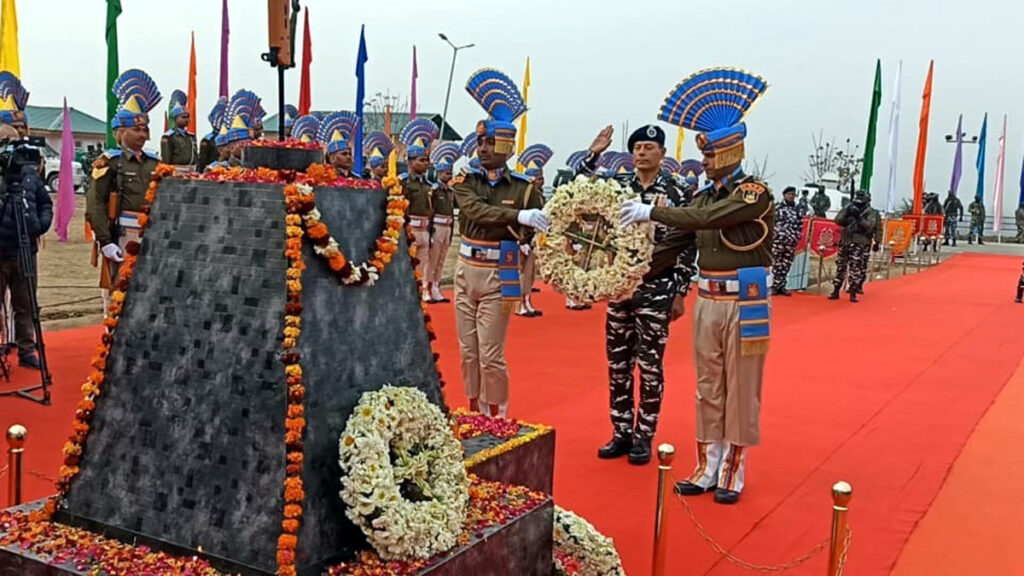
REACTION: THE OUTRAGE AND FURY OF THE NATION
The Pulwama attack sparked widespread outrage and anger across the nation. People took to the streets to protest against the heinous act of terrorism and demanded action against the perpetrators. The government responded by condemning the attack and vowing to take revenge. The Prime Minister of India, Narendra Modi, called for a meeting of top security officials and gave them a free hand to plan and execute a suitable response.
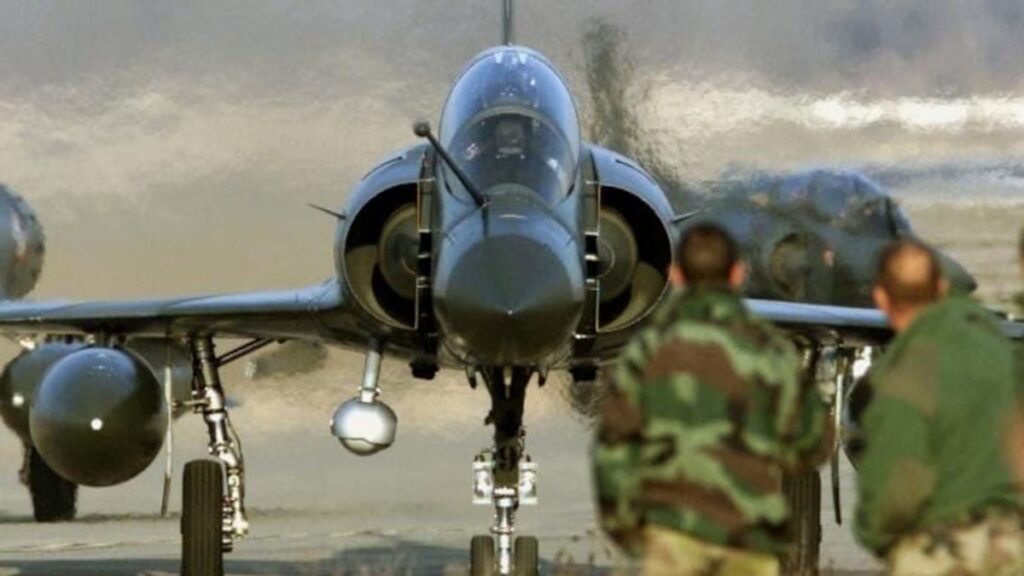
RESPONSE: THE STRIKE BACK
In the early hours of February 26, 2019, the Indian Air Force carried out a surgical strike on a JeM training camp in Balakot, Pakistan. The strike was a massive success, with the Indian Air Force destroying the entire camp and killing many terrorists. The strike sent a strong message to Pakistan and the terrorist organizations that India will not tolerate any act
AFTERMATH: THE TENSION CONTINUED
The Pulwama attack and the subsequent Indian Air Force strike on Balakot further escalated the tension between India and Pakistan. Both countries engaged in a war of words, with each side blaming the other for the situation. The United Nations called for restraint and dialogue between the two nations to resolve the conflict peacefully. However, the situation remained tense, and any small incident could trigger a larger conflict.
of terrorism on its soil.
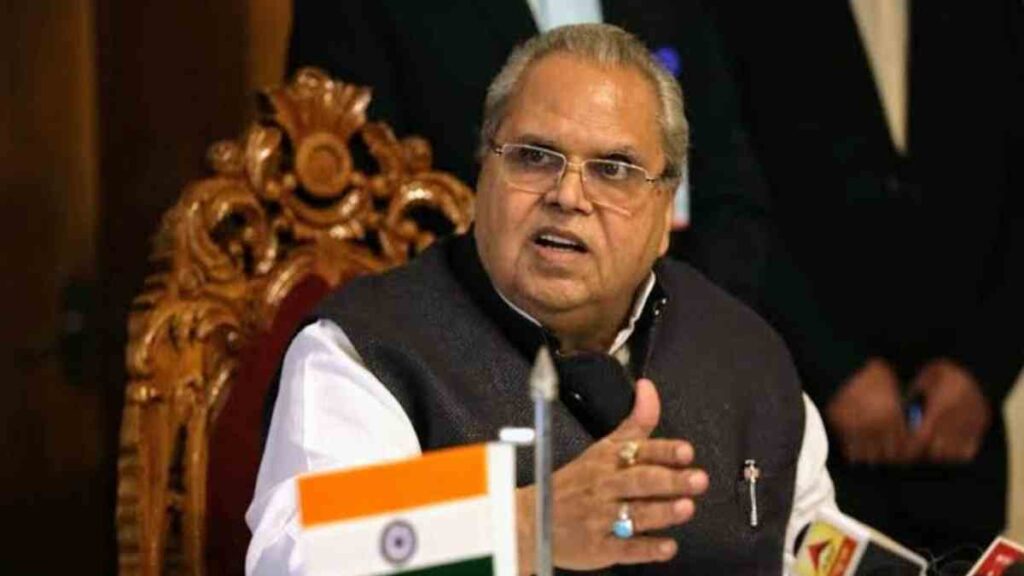
EX-GOVERNOR REVEALS INSIGHTS ON PULWAMA ATTACK AND CAUTIONS AGAINST POLITICIZING MARTYRDOM.
In a recent interview on April 2023 with Satya Pal Malik, the former Governor, he shed light on the Pulwama Attack. Malik revealed that after the attack, he spoke with Prime Minister Narendra Modi and informed him that the responsibility for the incident lay with the Indian government. He explained that the CRPF had requested an airplane for their transportation, which was rejected by the Ministry of Home Affairs. As a result, such a large contingent had to travel by road, making them an easy target for the terrorists.
Malik expressed concern about the politicization of the martyrdom of the 40 CRPF personnel. He said that it was unfortunate how the issue was made into a political agenda to attract people during the elections by hiding it behind the act. Malik also mentioned that he refrained from speaking further on the matter and allowed the Prime Minister’s Office and the Ministry of Home Affairs to investigate the issue themselves.
The interview highlights the need for transparency and accountability in the government’s decision-making processes. It also highlights the importance of putting the safety and security of the armed forces first and avoiding the politicization of such tragic incidents. The nation should unite and work towards preventing such incidents in the future and supporting the families of the martyred soldiers.
CONCLUSION
In conclusion, the Pulwama attack was a tragic incident that shook India to its core. The attack highlighted the ongoing tension between India and Pakistan over the Kashmir issue and the threat of terrorism in the region. The response of the Indian government demonstrated its commitment to national security and its determination to protect its citizens. The aftermath of the attack also underscored the need for transparency and accountability in handling national security issues. Finally, we must never forget the sacrifices made by our brave soldiers and honor their memory always.
DISCLAIMER
The information provided by this platform is intended for general informational purposes only. It is not intended to be and should not be construed as legal, political, or social advice. The views expressed here do not necessarily reflect the views of the platform or its creators.
Furthermore, the platform does not endorse or support any particular political, social, or legal agenda, and any mention of such issues is purely for the purpose of providing context or background information.
Readers should always seek the advice of qualified professionals regarding any legal, political, or social issues they may be facing. The platform and its creators are not responsible for any actions taken based on the information provided here.
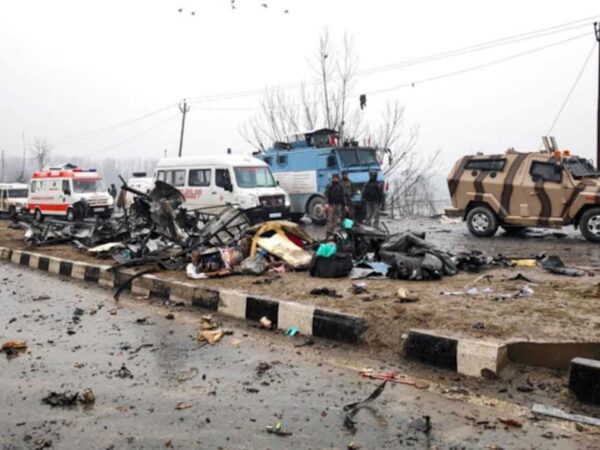
daxktilogibigibi.S2z7qd4VhKfq
sleeker xyandanxvurulmus.sNCUNSKFQTwW
Insightful piece